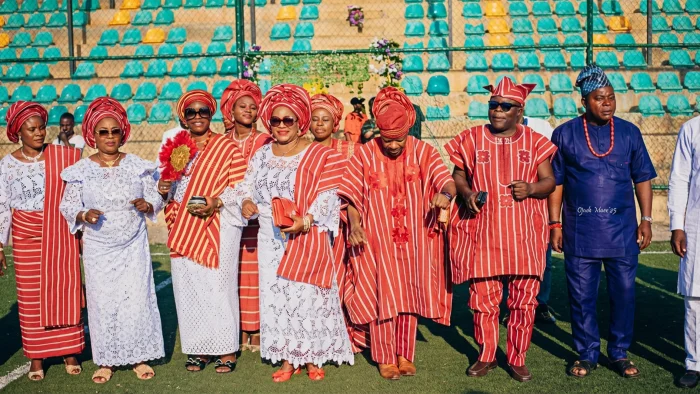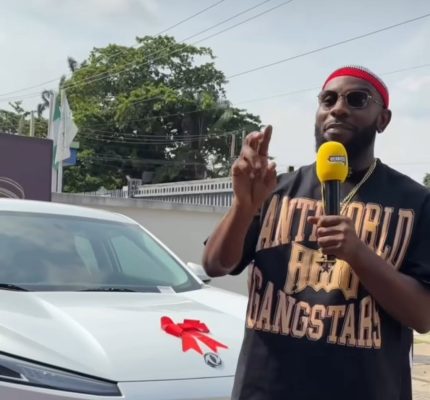“Between good friends, brothers shall I say there must be frank understanding. Lack of frankness leads to suspicion, suspicion engenders mistrust and mistrust breeds enmity. But so long as we speak with an open mind and know one another’s thoughts and respect them even though we cannot agree with them, we shall remain good friends.” – Sir Ahmadu Bello, Sardauna of Sokoto- 1st January 1964
The historical trajectory of this country called Nigeria is an intriguing one; it tells a story of struggle, hope in the face of hardship, faith at difficult crossroads, a story of renewal after trials, and most importantly, it reveals the complexity hidden behind the formidable walls of the principles on which the nation was founded, bringing out the beauty of One Nigeria.
Against the backdrop of this, we must ask ourselves:
- 62 years after its Independence from its colonial masters, can we say we have properly maintained the “House” the founding fathers left to us?
- Is the current state of the country, the Nigeria they envisaged when negotiating the independence of this country?
- Is the country living up to its fullest potential or are we just running in a hamster wheel circle?
How it all started
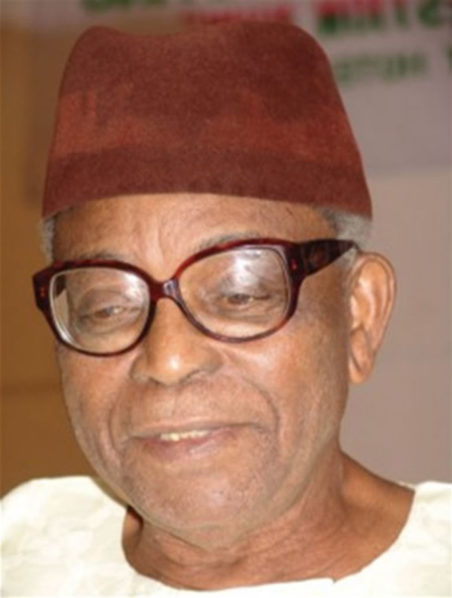
In 1953, 30-year-old Anthony Enahoro initiated a bill at the Western House of Assembly for self-government. The bill caused friction, and subsequent actions on it led to a constitutional crisis. Things got so bad that the Secretary of State for the Colonies invited the major players in the country to a meeting to find a solution to the crisis.
The players, Chief Obafemi Awolowo, Ahmadu Bello, (who would be the Sardauna of Sokoto), and the brilliant and charismatic Nnamdi Azikiwe’s meeting ended at 10:10 pm. At the end of the meeting, he presented the men to the press, and the following day, the Daily Times newspaper christened the men “The Big Trio”. As they gained more popularity together, they were named the founding fathers of New Nigeria.
How did these three men with different socio-cultural backgrounds and orientations become the founding fathers of Nigeria and what was their contribution to the new Nigeria they fought for?
Before the 1953 meeting, these “founding fathers” or the “Big Trio” as they were rightly named, were just individuals armed with the ambition of getting their beloved motherland liberated from colonial oppression and administration.
Ahmadu Bello
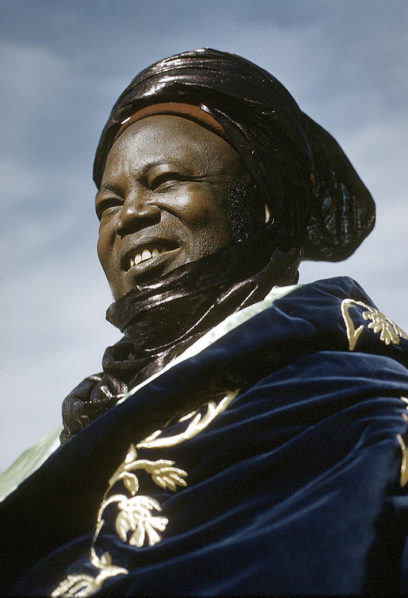
Born on the 12th of June 1910, Ahmadu Ibrahim Bello, a direct descendant of Uthman dan Fodio, the founder of the Sokoto Caliphate, was groomed in the Islamic way, where he gained knowledge that impacted his Islamic, administrative and leadership skills at an early age. In 1940, he joined Jam”iyyar Mutanen Arewa, which would later metamorphose into the Northern People’s Congress (NPC) and in 1951, he would travel to England on a government scholarship to study Local Movement Administration. His first engagement on the political scene was in 1947, when he led Northern legislators to Lagos, the seat of the National legislature, to contest the 1946 Arthur Richards constitution.
Soon, he became a voice for Northern Nigeria, especially during the 1st election of 1952, where he won a seat in the Northern House of Assembly. In 1954, he became the 1st Premier of Northern Nigeria. Unfortunately, the Sardauna was assassinated with his first wife Hafsatu on the night of January 15th 1966 Military coup at his home.
More than just a leader and a defender of the Islamic faith, the Sardauna was a man of great elegance and honour.
Biafran leader, Dim Chukwuemeka Odumegwu Ojukwu in his book “Because I was involved”, wrote this about the Sardauna:
“Sir Ahmadu Bello was, in every sense, a giant. He perceived northern Nigeria as his domain and proceeded by sheer force of character to pull up that section of Nigeria from its bootstraps. He took over leadership of the north when the north was weak and disadvantaged. When he left the scene after a short spell of time, the north had become the bully which everyone feared. He was a great leader of his people.”
Nnamdi Azikiwe
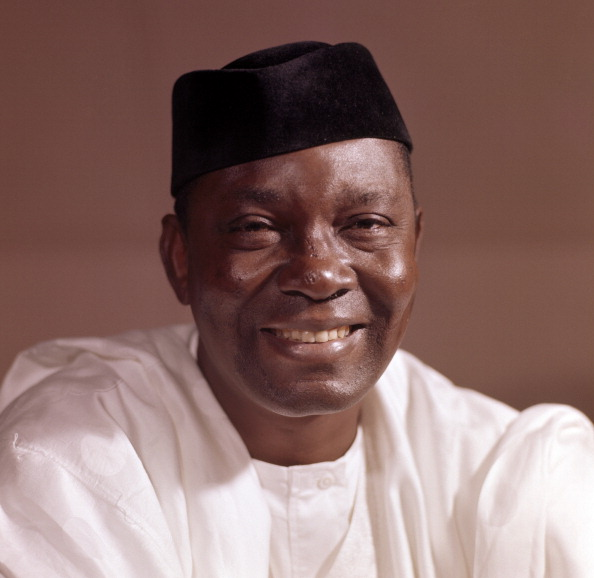
Unlike his northern contemporary, who was born a royal, Nnamdi Benjamin Azikiwe was born to Igbo parents in Zungeru, present-day Niger State. As a result, he grew up with Hausa as his first language. As a teenager who loved sporting activities, he experienced racism and discrimination when he was selected to represent Nigeria at the 1934 British Empire Games in England. The British organisers dropped him because he chose Nnamdi over his Christian name “Benjamin.”
As a student in the United States, the young Nnamdi once again faced segregation and poverty. He could not get a student loan to pay his school fees and decided to commit suicide. On the appointed day, he went to a railway track and lay on the track hoping to be crushed by a train, a few metres away from him, when he was pulled off by a Reverend father, who paid his tuition fees.
[ad]
His return to the country was a breath of fresh air as he gained popularity with his electrifying personality and his eloquent oratory skills. Within a short time, Zik of Africa, as he was fondly called, became the man of the people.
He would later become the Governor-General on the 16th of November 1960, and when the country became a Republic in 1963, he became the 1st President of Nigeria, even though his role was largely ceremonial. He was removed from office during the January 15 1966 military coup. Zik’s role in the Pre-Independence struggle of Nigeria can’t be overemphasised. How he used his Newspaper “West African Pilot” to fight against the colonial government even to the detriment of his life proves how selfless and passionate he was about the liberation of Nigeria and Africa.
Obafemi Awolowo
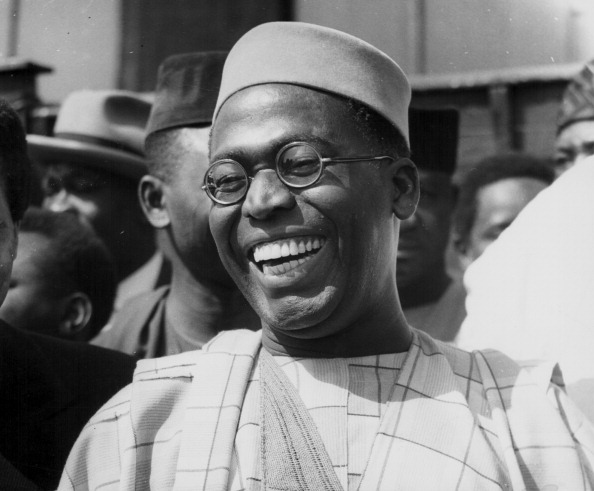
Early on, the young Awolowo had to battle his impoverished upbringing, thus the chances were not in his favour. Awolowo, an aspiring journalist, had to hold down multiple jobs in order to advance.
He would later travel to London to pursue his degree in law. He announced his presence on Nigeria’s political scene on the 7th of January 1937 when he organized a Motor Transport strike to protest against the colonial government’s tax on the public. As the then-Secretary of the Motor Transport Union, Awo had to take a stand in fighting for the welfare of the people.
This strength also shone as a nationalist, statesman, and politician. Awo always treated the welfare of the people, and most importantly, of the Yoruba people, as a priority.
As the 1st Premier of the Western Region under the country’s Parliamentary system from 1952 to 1959, and under the Federal Parliamentary Government of Tafawa Balewa, he was the official leader of the Opposition, but in 1963, he was accused and imprisoned for sedition.
Awo’s legacy and progressive blueprint in education are imprinted on the sand of time even as our country goes through the worst instability and crisis it has ever seen.
Dim Chukwuemeka Odumegwu-Ojukwu famously described him as “the best President Nigeria never had.”
The reason why the glue of this country is still sticking together is because of the legacy and struggle of “The Big Trio” and many more patriots that stood and fought for it. If anything, they had a common goal: the belief in one Nigeria against nepotism, prejudice, tribalism, and political sentiments.
The 4th Stanza of the Nigeria National Anthem goes thus: “The Labour of our Heroes past shall never be in vain.”
May their labour and the labour of others never be in vain. God Bless Nigeria.
Happy Independence NIGERIA!
[ad unit=2]





